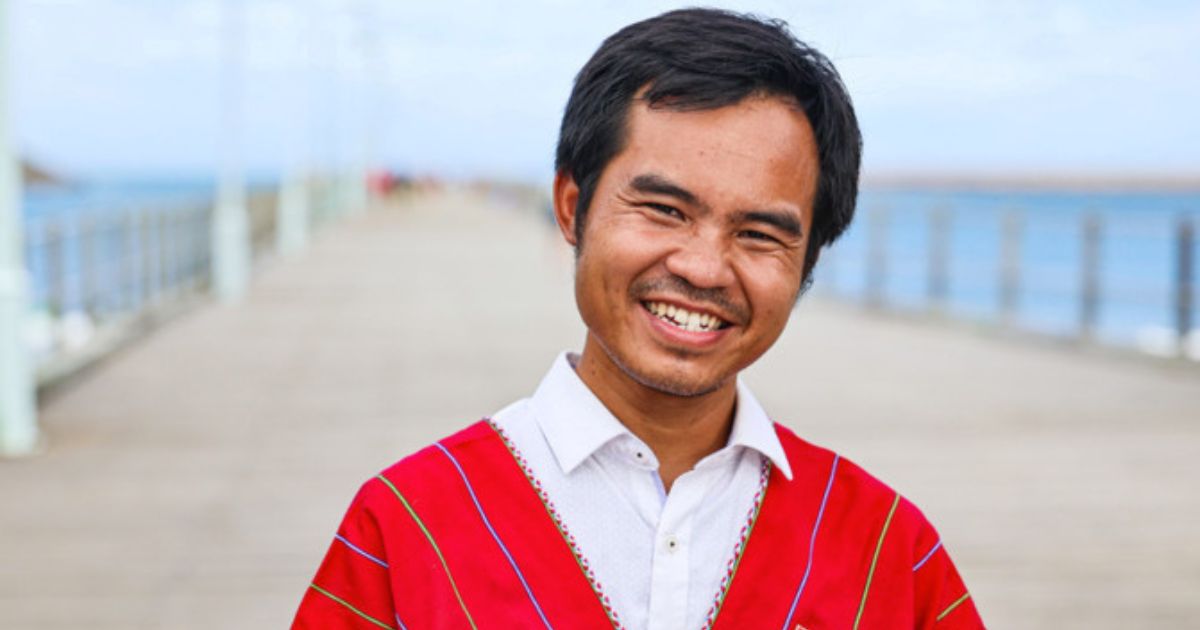Supporting Aussie-owned businesses

Supporting country of origin labelling are Weet-bix supplier Kate Gunn, Sanitarium Australia GM Todd Saunders, Woodlawn dairy farmer Andrew Wilson, Norco CEO Michael Hampson and Mayvers CEO Bethany George. Photo: CATHY ADAMS
SOME of Australia’s biggest food producers are calling for country of origin labelling to make it clear to shoppers who owns the products they are buying.
Research conducted by Northern Rivers based dairy company, Norco, found many shoppers did not know what companies were Australian-owned.
The sale of iconic Australian brands to foreign owners and a lack of understanding about the Australian-made label contributed to the confusion, the research found.
In response, Norco has joined other 100 per cent Australian-owned businesses to call for ‘country of ownership’ labelling and for shoppers to become educated about the products they buy.
Representatives of the Sanitarium Health Food Company, Mayvers, SPC and Sunshine Sugar met Norco CEO Michael Hampson at a Woodlawn dairy farm near Lismore to lobby the government to support the country of origin labelling.
“What’s clear from the research is that if we want to protect what’s left of our iconic and authentically Australian brands, there needs to be a greater conversation and further education around the difference between Australian-made and Australian-owned,” Mr Hampson said. “Many household brands we all grew up with are sadly no longer Australian-owned, so clearer labelling could be beneficial in helping to combat this widespread shopper confusion.”

Under Australian consumer law, most foods produced, grown or made in Australia display a label with the kangaroo triangle symbol – but that doesn’t mean Australian-owned.
“While anything that drives job creation and economic activity in Australia is a good thing, it’s still important to know that many foreign-owned companies can still use this labelling,” Mr Hampson said.
“The big difference with ‘authentically Australian’ brands and products – those that are both Australian made and 100 per cent Australian owned – is that the money remains here in Australia and is not siphoned offshore.”
This meant money was re-invested in Australia and regional communities, supporting farmers and creating more jobs, he said.
The food producers urged shoppers to research which companies and products remain Australian-owned.
As a first step, they’re encouraging consumers to download the Bring Back Australia App, which is designed to support and identify Australian-owned brands with a simple scan of a barcode.


















